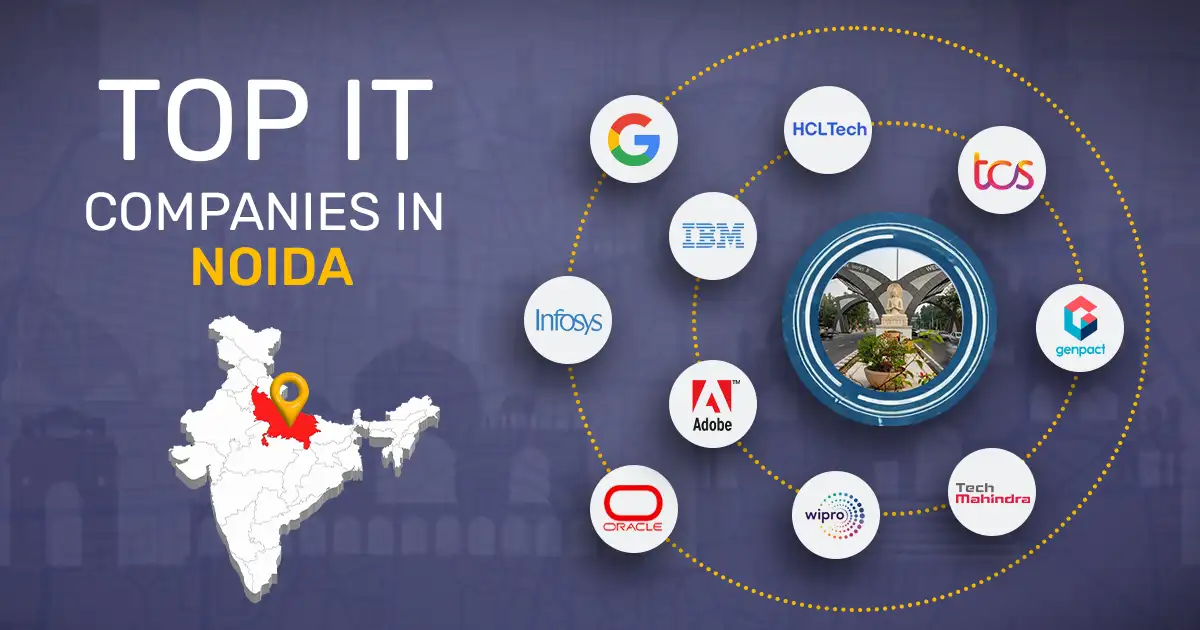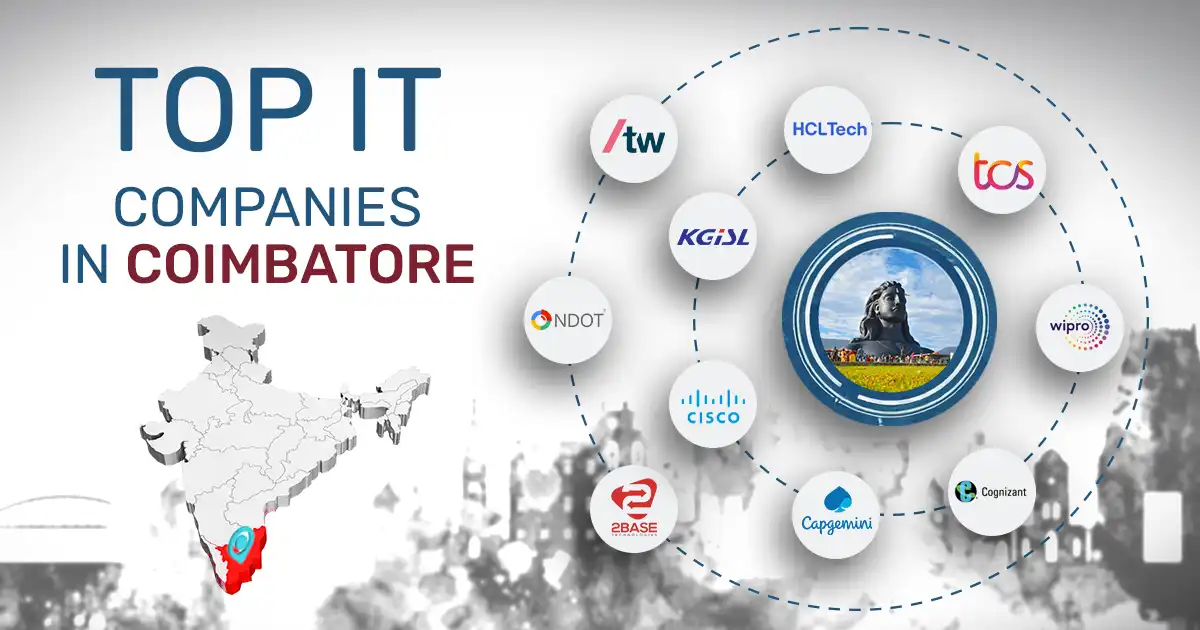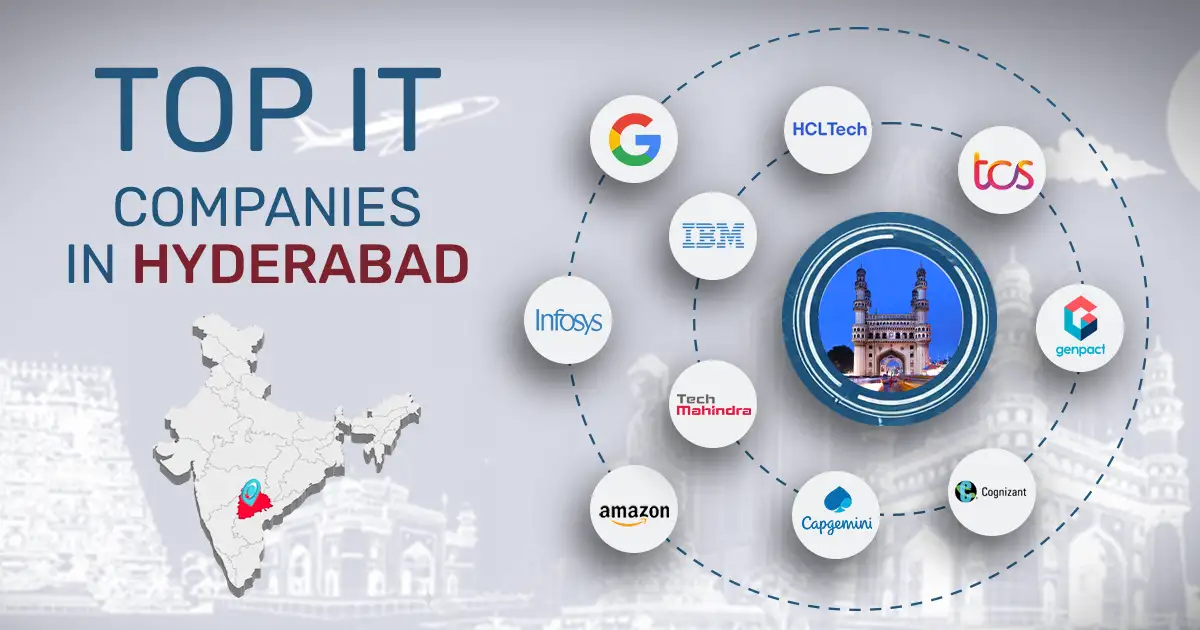
Introduction
Starting a business is an exciting journey, but as many entrepreneurs quickly discover, there’s much more to it than just creating a great product or service. One of the most significant challenges that startups face today is providing a seamless and reliable payment experience to their customers. Imagine building a promising startup only to lose potential customers due to payment failures or a complicated checkout process. The importance of integrating online payments for startups has never been clearer.
In India, the shift toward digital transactions has been rapid. According to an RBI report, digital payments grew by 50% in 2023, and experts predict this trend will continue. With more and more consumers embracing online payments through UPI, digital wallets, and other payment methods, businesses need to adapt to these changes or risk falling behind.
For startups, offering online payments for startups not only provides an efficient way to process transactions but also plays a crucial role in customer satisfaction, growth, and scalability. Startups need to integrate the right payment gateway and security protocols to ensure smooth digital transactions. This article will explore various ways that startups can accept online payments in India, the importance of security, and the latest fintech innovations shaping the online payments for startups ecosystem.
What are Online Payments?
Online payments for startups refer to digital transactions where customers pay for products or services electronically. These payments are made through payment gateways or banking networks and can be processed using various methods like credit/debit cards, UPI, net banking, and mobile wallets.
As digital payments have become the norm in India, it is essential for startups to adapt to this shift. The popularity of online payments for startups has been driven by ease of use, security features, and the increasing adoption of fintech solutions by Indian consumers. Whether you’re selling physical goods, offering services, or providing software, integrating reliable payment gateways to handle these transactions is vital for business success.
Why Are Online Payments Important for Startups?
For startups, implementing online payments for startups is not just a luxury—it’s a business necessity. A seamless payment system allows startups to expand their customer base and gain trust, both of which are critical for growth. The ability to accept digital transactions effortlessly makes it easier for customers to complete their purchases, increasing the chances of repeat sales.
According to a 2024 NPCI study, businesses that adopted reliable online payments for startups reported a 30% increase in transaction success rates, demonstrating how crucial it is for startups to integrate trustworthy payment systems.
Key Benefits of Online Payments for Startups:
- Faster Transactions: Real-time processing of payments means cash flow remains consistent, and transactions are completed almost instantly.
- Lower Costs: Startups can reduce overhead costs, as online payments for startups eliminate the need for physical infrastructure like cash registers or manual payment systems.
- Wider Reach: By offering online payments, startups can cater to local and international customers, expanding their market reach.
- Improved Security: The rise of fintech solutions has made digital transactions safer, with fraud protection mechanisms that protect both businesses and customers.
- Better Customer Experience: A streamlined, hassle-free payment experience encourages customers to return, increasing conversion rates.
- Increased Revenue: Startups using optimized online payments for startups solutions often experience a significant increase in revenue. Studies show that businesses that offer easy, reliable digital transactions experience a 25% higher conversion rate.
How Online Payments Work
Understanding how online payments for startups work is crucial to ensuring a seamless payment experience for both you and your customers. Below is a detailed breakdown of how the online payment process works:
- Customer Initiates Payment:
The customer selects the product or service they wish to purchase and chooses their preferred payment method (UPI, credit card, debit card, wallet, etc.). This is the first step in online payments for startups. - Transaction Authentication:
The chosen payment gateway will verify the credentials, such as card details, UPI ID, or wallet credentials. It also checks for sufficient funds to complete the payment. - Approval & Processing:
The payment is routed through the payment processor and authorized by the bank or financial institution. After validation, funds are processed to ensure the transaction is genuine. - Settlement & Confirmation:
After the payment is approved, the payment gateway settles the amount to the merchant’s account. Both the customer and business receive a transaction confirmation.
Online Payments and Startup Growth
The growth of online payments for startups in India is undeniable. Startups that embrace digital transactions are more likely to scale quickly, as fintech solutions provide tools that facilitate smoother operations and customer retention. For instance, businesses that implement payment gateways report improved customer satisfaction, as the process is quick, transparent, and secure.
According to Statista, more than 80% of businesses in India saw a significant rise in customer retention after adopting online payment solutions. This is particularly important for startups, where customer retention plays a crucial role in long-term success.
Challenges in Online Payments for Startups
While the benefits are clear, startups still face various challenges when it comes to online payments for startups. Let’s explore some of the key hurdles:
- High Transaction Fees:
Some payment gateways charge as much as 3% per transaction, which can be a significant cost for startups, especially those with low margins. - Security Risks:
Fintech fraud remains a major concern, costing Indian businesses billions each year. Fraudulent transactions and security breaches can erode customer trust. - Customer Trust Issues:
Despite the rise in digital transactions, many customers still prefer cash transactions due to fear of fraud or lack of knowledge about secure payment methods.
Solutions to Overcome Online Payment Challenges:
- Choose a Low-Fee Payment Gateway:
Razorpay and PayU are excellent choices for startups as they offer competitive rates and low fees. - Implement Strong Security Measures:
Startups should implement robust security protocols such as two-factor authentication (2FA), SSL encryption, and fraud detection systems to protect both themselves and their customers. - Educate Customers:
Providing tutorials and clear guidelines on how to use secure online payments for startups will help increase adoption and trust among your customers.
Types of Online Payment Methods for Startups
There is no one-size-fits-all when it comes to online payments for startups. Startups can choose from a variety of payment methods depending on their target audience and business model. Below are some of the most popular methods:
- UPI (Unified Payments Interface):
- UPI dominates digital transactions in India, with billions of payments processed every month.
- Best for businesses targeting the Indian market, as UPI offers real-time payments with zero transaction fees.
- Credit & Debit Cards:
- With over 1 billion cardholders in India, credit and debit cards remain a popular choice.
- Secure payments are facilitated through OTP and CVV verification, making them ideal for global transactions.
- Net Banking (IMPS, NEFT, RTGS):
- A preferred choice for B2B transactions due to its security and traceability.
- These methods ensure smooth and secure online payments for startups in sectors like finance and manufacturing.
- E-wallets & Fintech Apps (Paytm, PhonePe, Google Pay):
- Popular among small-ticket transactions, e-wallets like Paytm and Google Pay are widely used by Indian consumers.
- Integrated with payment gateways, these apps offer seamless transactions.
- Buy Now, Pay Later (BNPL):
- This payment option is gaining traction, especially among younger consumers.
- BNPL allows customers to make payments over time, increasing conversion rates and offering flexibility.
Best Payment Gateways for Startups in India
Choosing the right payment gateway is essential for processing online payments for startups. Here are some of the best options:
- Razorpay:
- Razorpay supports multiple payment methods including UPI, credit cards, and wallets.
- Ideal for e-commerce startups, it also offers low transaction fees and is highly scalable.
- PayU:
- PayU is known for handling high volumes of digital transactions and integrates well with fintech solutions.
- Perfect for businesses with a large customer base.
- Instamojo:
- Great for freelancers and small businesses, Instamojo offers an easy onboarding process with minimal KYC requirements.
- Offers low-cost payment solutions with flexible payment methods.
- Cashfree:
- Cashfree supports recurring online payments and is ideal for subscription-based startups.
- Offers automated refunds and high-level security measures to protect transactions.
Security and Compliance in Online Payments
When it comes to online payments for startups, security should be a top priority. A breach or failure in the payment process could harm your business’s reputation and lead to financial losses.
Key Security Measures for Online Payments:
- PCI DSS Compliance:
The Payment Card Industry Data Security Standard (PCI DSS) ensures that businesses securely handle cardholder information. Startups must integrate payment gateways that comply with PCI DSS to avoid security risks. - SSL Encryption:
Secure Socket Layer (SSL) encryption protects digital transactions by encrypting data during transmission, ensuring that no unauthorized third parties can access sensitive information. - Two-Factor Authentication (2FA):
Adding an extra layer of security, 2FA requires users to verify their identity via OTPs or biometric authentication before completing a transaction. - Tokenization:
Tokenization substitutes sensitive payment data with a unique identifier (token), which reduces the risk of data breaches. - Fraud Detection:
AI-powered fraud detection tools can analyze patterns and flag suspicious transactions, reducing the likelihood of fraud. - End-to-End Encryption (E2EE):
E2EE ensures that payment data is encrypted at both ends of the transaction, from initiation to settlement.
Compliance Requirements:
- RBI Guidelines:
Startups must follow the RBI guidelines for payment processing, digital wallets, and transaction limits. - Data Protection Laws:
The Personal Data Protection Bill (PDPB) ensures that customer data is processed and stored securely. - KYC Norms:
Compliance with KYC norms ensures that both customers and merchants are verified to avoid fraudulent activities.
How to Set Up Online Payments for Your Startup
To start accepting online payments for startups, follow these steps:
- Choose the Right Payment Gateway:
Pick a payment gateway like Razorpay or PayU that aligns with your business model. - Register Your Business:
Ensure you have all necessary business documentation such as GST registration, PAN card, and a valid bank account. - Integrate the Payment Gateway:
Use the APIs or plugins provided by the payment gateway to integrate the payment system into your website or app.
- Offer Multiple Payment Methods:
To appeal to a broad customer base, integrate UPI, wallets, and card payment options. - Implement Security Measures:
Use encryption, 2FA, and other security tools to protect your transactions. - Test Transactions:
Run test payments to ensure everything functions smoothly before going live. - Monitor Analytics:
Use the payment gateway’s dashboard to track transaction success rates, customer behavior, and other key metrics.
Trends and Innovations in Online Payments
The fintech industry is rapidly evolving, with new trends that enhance digital transactions:
- CBDC (Central Bank Digital Currency):
The RBI is piloting India’s digital rupee to enable faster and more secure digital transactions. - AI-Driven Fraud Detection:
AI tools are now more accurate at detecting fraud in real-time, offering better protection for online payments for startups. - Voice-Based Payments:
With more than 300 million Indians using voice-enabled apps, voice payments are likely to become a significant trend.
Conclusion
Accepting online payments for startups is crucial for ensuring business success in today’s digital economy. With the right payment gateway, security measures, and innovative solutions, startups can streamline their operations, enhance customer experiences, and drive growth.
To ensure your business remains compliant and can effectively handle online payments, consider partnering with RegisterKaro for seamless business registration and compliance support.




